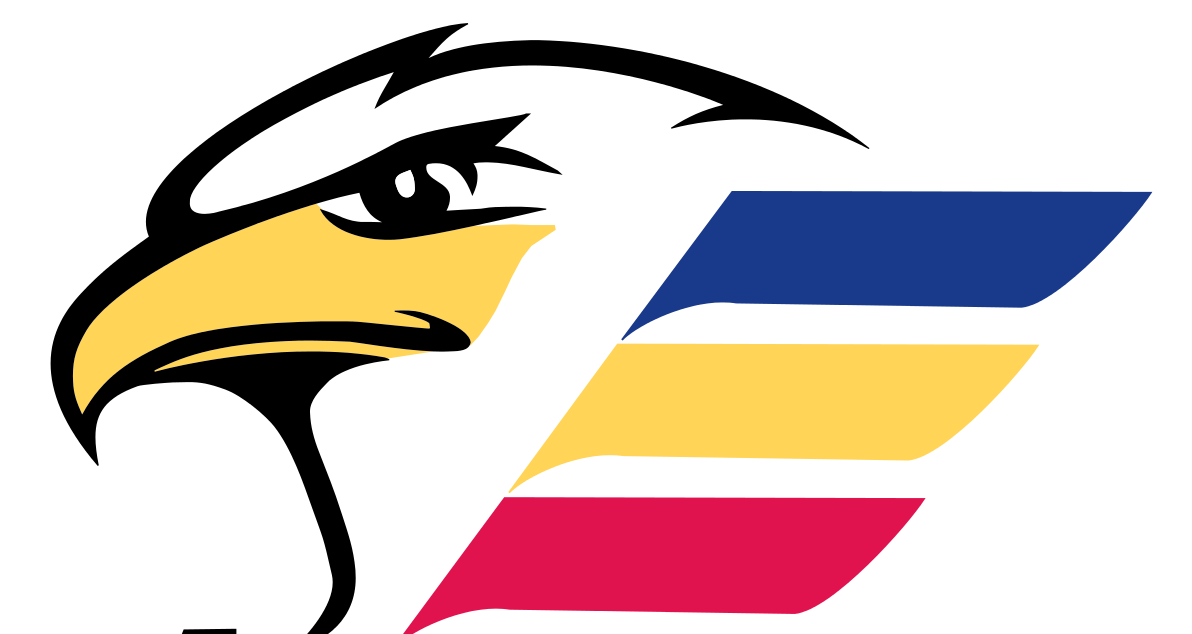© 2026 ALLCITY Network Inc.
All rights reserved.

It’s official. Or, it will be on Monday. The Colorado Eagles of the East Coast Hockey League will take a big step up in the hockey world when they’ll announce an American Hockey League affiliation with the Colorado Avalanche.
The agreement will start for the 2018-19 season. The Avs will finish out this coming season with the AHL’s San Antonio Rampage before switching to the Eagles. And, BSN Denver has learned, the team will play right away at the Budweiser Events Center in Loveland.
What it means for Avalanche fans is this: No longer will the team’s top pro prospects be playing in some far-off locale, such as San Antonio or Hershey, Pa., or Cleveland or Lowell, Mass. – all previous AHL locations. Now, they’ll be less than an hour’s drive up I-25 North.
The Eagles have scheduled a Monday afternoon press conference, with Avalanche general manager Joe Sakic slated to be on hand as well.
In May, Eagles owner Martin Lind hinted to BSN that an AHL affiliation with the Avs was a real possibility.
“How great would it be for players to be able to take an Uber to get to Denver and join the Avalanche, instead of going to airports and getting on airplanes?” Lind told BSN Denver at the time. “And, for Avs fans to be able get in the car and see their top prospects. But, like I said, moons would have to align right. There are some things that would be out of our control, if it were to happen.”
Bob Herrfeldt, former Larimer County director of The Ranch Complex that includes the Budweiser Events Center, said proposed expansion changes to the arena wouldn’t necessarily add a large number of new seats, but more of an expanded mobile atmosphere, where fans can walk around and not only see the game as it’s ongoing, but drop in at various planned bars and club lounges and hang out with friends.
“The days of the sporting experience where you’re just planted in your seats the whole time are over,” Herrfeldt said. “Teams are finding now that fans, especially younger ones, don’t want to just be chained to their seats. The trend now is for more open area bar tops and rooftops, where maybe you want to gather easier with friends at a club lounge and have the freedom to experience the event from different areas and angles. That’s something we can do, that we plan to do. What we can’t do, what we don’t want to do, is just do something like add 2,000 fixed seats.”
Even after 14 years of play in the lower rungs of minor-pro hockey, the Eagles have been a smash success in all aspects. The Eagles, currently in the Western Conference finals of the ECHL, have played to mostly sold-out crowds and won multiple championships. Larimer County and surrounding areas have a large concentration of average household incomes at $100,000 and above, and Lind and his partners have $1.5 billion plans to build new shopping and entertainment developments in and around the Bud Center. All of which could make the area more attractive to the AHL.
The AHL has expanded more westward in recent years, with a handful of teams relocating to California cities in arenas comparable in size to the Bud Center.
Lind cautioned, however, that the Eagles won’t consider taking things to the AHL level if it would mean pricing out the fans who have helped build the team into a strong regional success.
“On our side of it, we would have to honor our fans first,” Lind said. “The family and affordability thing, the loyalty they’ve shown us, that’s paramount to us. But we’ve proven ourselves at every level, from puck drop to last whistle. Our ECHL is doing great, and with our current relationship that we have with the Avalanche, I can’t say enough good things about them and how they’ve treated us. So, obviously, it’s a relationship we want to keep and grow even bigger if possible.”
Comments
Share your thoughts
Join the conversation



